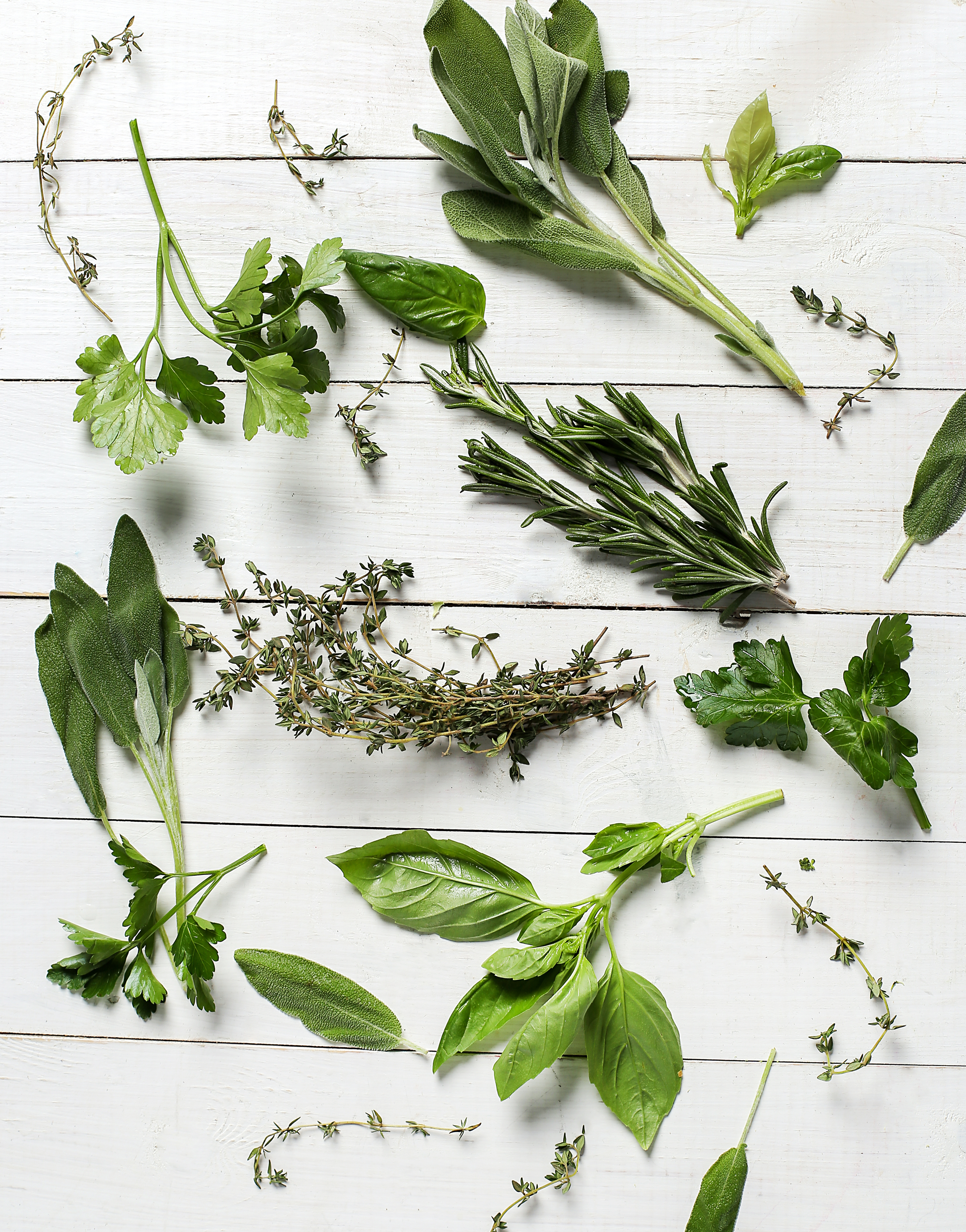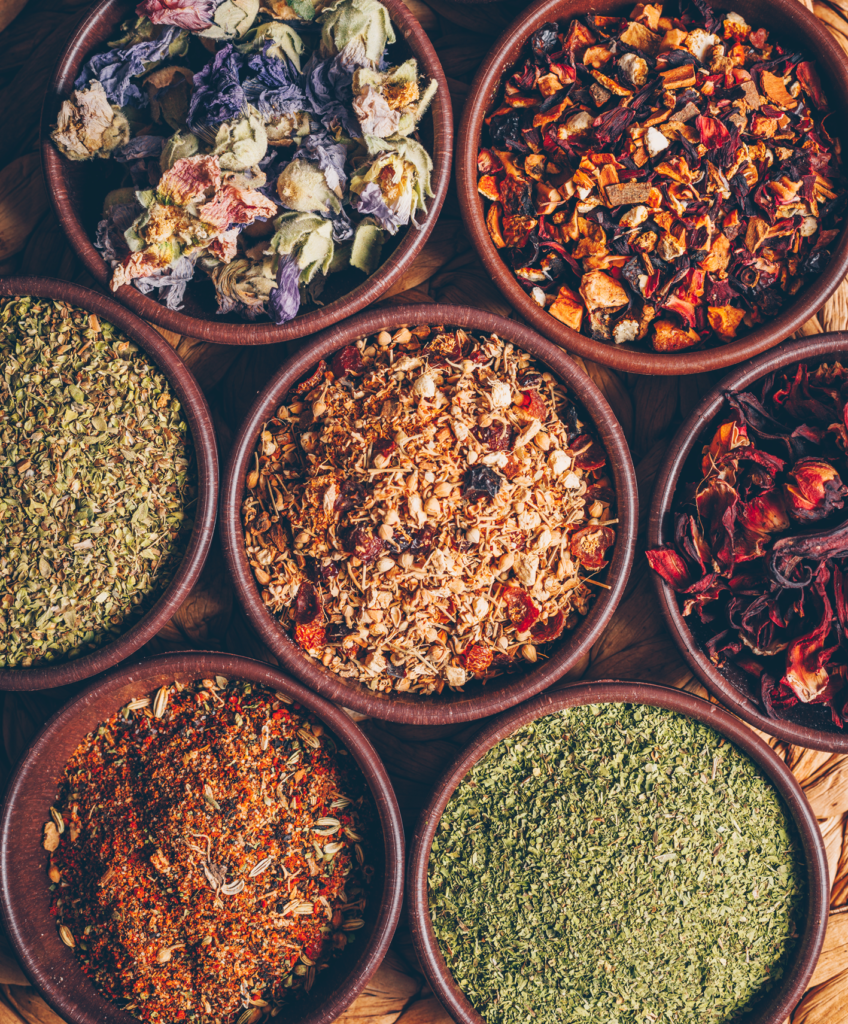Phytotherapy

Recent research has led to new understanding of the importance of herbal medicine. Phytotherapist (from the Greek Phyto, meaning “plant”) is the name given to those who have university training in medicinal plants and use them therapeutically.
Julia has a degree in Phytotherapy (Herbal medicine), the highest professional qualification in the field, and applies scientific research to the practice of herbal medicine.
Most Phytotherapists have completed a four-year full time training course, combining orthodox and traditional knowledge of using medicinal plants as preventative, supportive treatments, often alongside conventional drugs. As many as a quarter of pharmaceutical drugs are derived from herbal preparations.
As a medical practitioner Julia is committed to developing her skills, and as such she is involved with a range of research projects, publishes articles, gives talks and runs specialist practical workshops and retreats to ensure ongoing support for her clients.
Herbalists use whole plant preparations from around the world, and have a holistic approach to treating the whole person, rather than using isolated or synthesised constituents that only treat the symptoms.
Julia is keen to bring herbal medicine to the public, and has set up a sustainable organic community herb project in Brighton and Hailsham to raise awareness about medicinal plants and provide a space where people can identify plants that are used as primary health care. She also runs specialist practical workshops and retreats with Daphne Lambert at the Green Cuisine Trust to ensure the ongoing support necessary to the improved wellbeing of the participants.
Conditions Supported
There are very few conditions, either acute or chronic, which cannot be helped by herbal medicine, either as a primary treatment or in conjunction with conventional medicine or other treatments. It is especially beneficial in chronic illness. To name but a few conditions commonly supported with herbs:
- Circulatory: high blood pressure, fatigue, varicose veins, poor circulation
- Rheumatic: aches and pains, sciatica
- Digestive: indigestion, ulcers, IBS, candida, constipation, diarrhoea
- Skin: eczema, dermatitis, acne
- Hormonal: menstrual, menopausal, thyroid, infertility, pregnancy
- Urinary: infections, cystitis, thrush, interstitial cystitis
- Emotional: insomnia, anxiety, depression, palpitations
- Respiratory: coughs, colds, asthma, rhinitis sinusitis
- Allergies: immune deficiencies
- Immune: deregulation
- Lyme disease: including co-infection support, using Stephan Buhner’s approach.
Tests information can be found on the following laboratory websites:
Biolab
http://www.biolab.co.uk/
GenovaDiagnostics
https://www.gdx.net/
Armin lab
https://www.arminlabs.com

